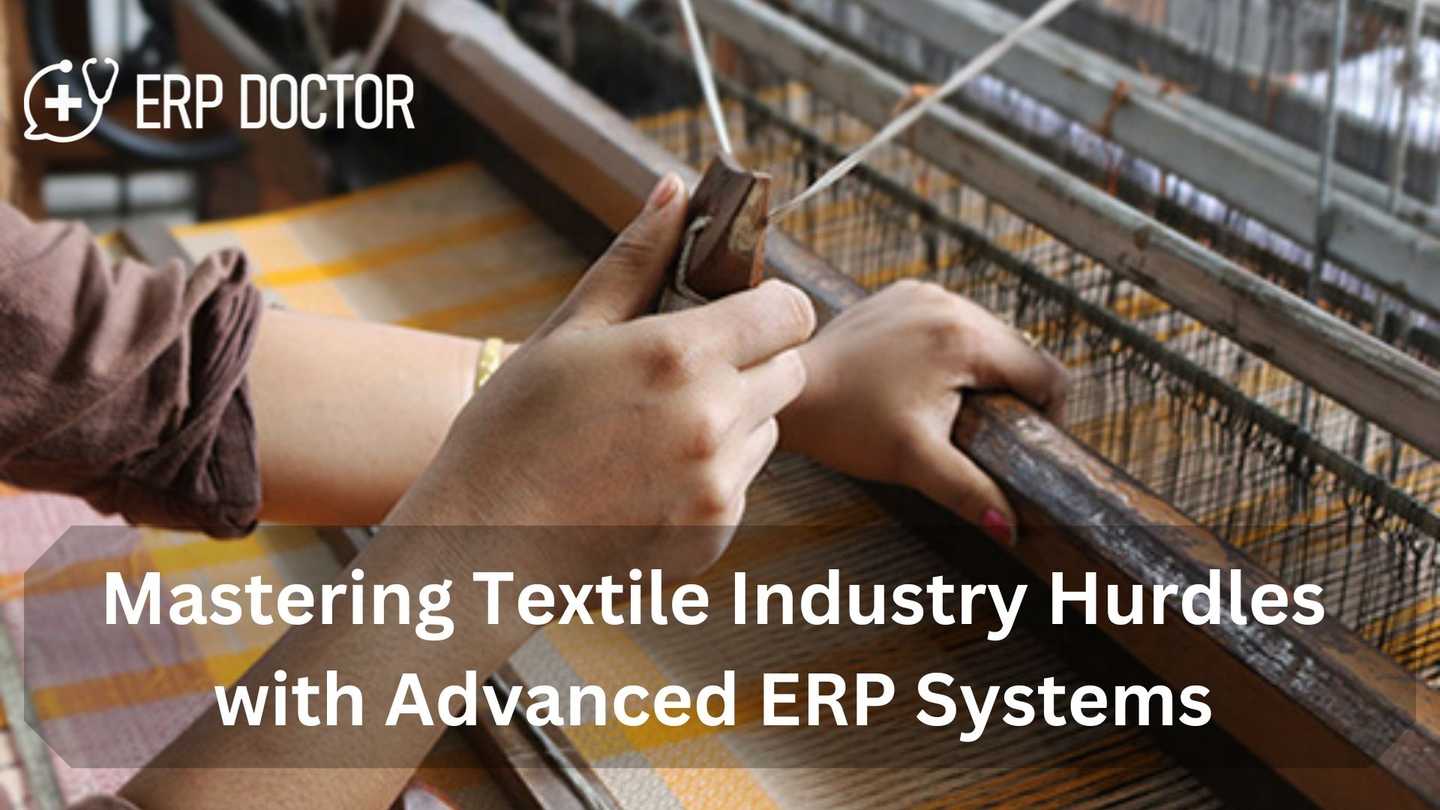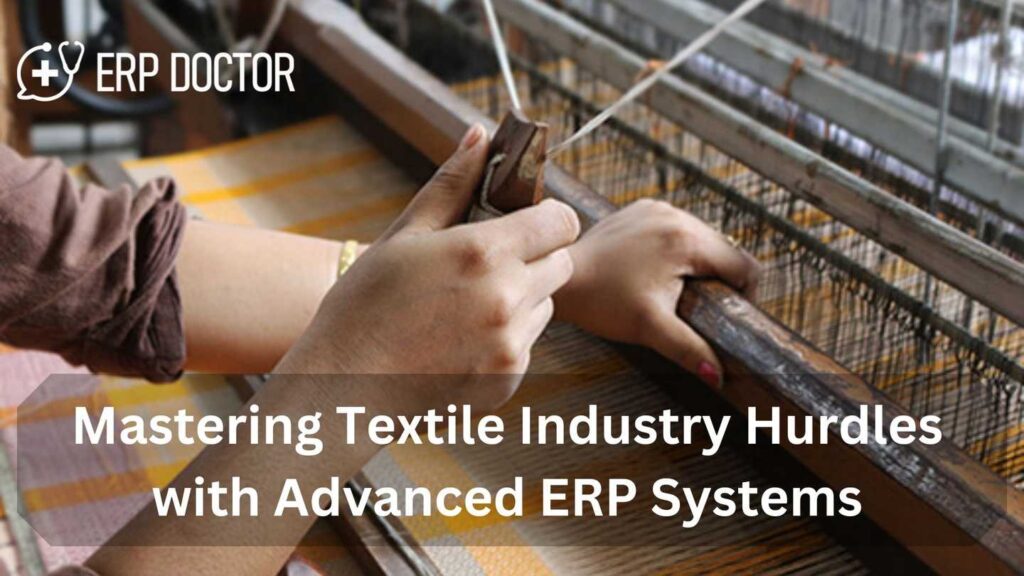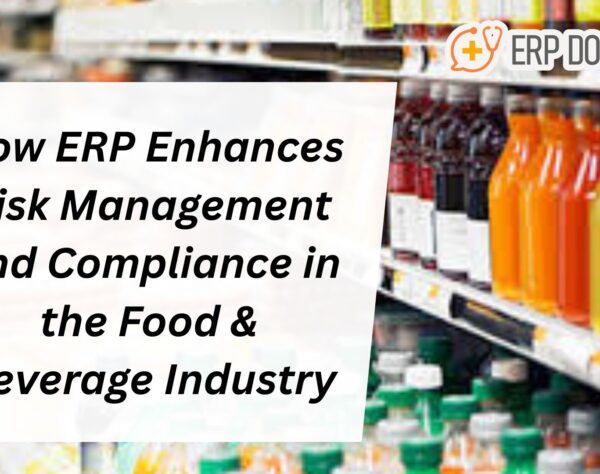
Mastering Textile Industry Hurdles with Advanced ERP Systems

Transforming the Textile Industry with ERP Solutions: The Ultimate Guide to ERP Software
In the dynamic textile industry, staying ahead of the competition requires unmatched efficiency, agility, and precision. As the sector evolves, more companies are adopting ERP (Enterprise Resource Planning) systems to streamline operations, cut costs, and boost productivity. This guide delves into how ERP solutions are transforming the textile industry and why choosing the right ERP software is vital for achieving success.
Understanding ERP Systems: A Game-Changer for the Textile Industry
What is ERP Software?
ERP software is a robust, integrated solution designed to manage and streamline a company’s core processes. In the textile industry, ERP systems handle everything from inventory management and order processing to financial accounting and supply chain logistics. By centralizing data and automating key functions, ERP solutions enable textile businesses to operate more efficiently and make data-driven decisions.
Why ERP Solutions Matter for Textile Businesses
The textile industry faces unique challenges, including managing complex supply chains, dealing with fluctuating raw material costs, and meeting stringent quality standards. An ERP system tailored for the textile industry can address these challenges by providing:
- Improved Inventory Management: Track raw materials, work-in-progress, and finished goods in real time. Reduce excess inventory and avoid stockouts with accurate demand forecasting.
- Enhanced Production Planning: Optimize production schedules, streamline workflows, and improve resource utilization to meet customer demands promptly.
- Efficient Order Processing: Automate order entry, track order status, and manage customer relationships to ensure timely and accurate delivery.
- Financial Management: Manage accounting, budgeting, and financial reporting seamlessly. Gain insights into profitability and cost control with comprehensive financial data.
- Supply Chain Optimization: Coordinate with suppliers and distributors more effectively to ensure smooth operations and reduce lead times.
Top ERP Solutions for the Textile Industry
When selecting an ERP solution for your textile business, consider the following top ERP software options that cater specifically to the needs of the textile sector:
- SAP S/4HANA for Fashion and Vertical Business: SAP’s ERP system offers end-to-end solutions for the textile industry, including features for supply chain management, production planning, and financial control.
- Infor CloudSuite Fashion: Designed specifically for the fashion and textile industries, Infor CloudSuite provides tools for managing inventory, production, and customer relationships with a focus on industry-specific needs.
- Microsoft Dynamics 365 Business Central: This ERP solution offers flexibility and scalability, with modules for financial management, supply chain operations, and project management tailored for the textile industry.
- Plex Manufacturing Cloud: Known for its advanced manufacturing capabilities, Plex provides real-time visibility into production processes and inventory levels, making it ideal for textile manufacturers.
- Exact for Fashion: A solution tailored for the textile and fashion industries, Exact offers tools for managing production, inventory, and financials, with a focus on improving efficiency and reducing costs.
How to Choose the Right ERP System for Your Textile Business
Selecting the right ERP system is crucial for maximizing the benefits of your investment. Here are some key factors to consider:
- Industry-Specific Features: Ensure the ERP solution includes modules and functionalities tailored to the textile industry’s unique needs.
- Scalability: Choose an ERP system that can grow with your business and adapt to changing requirements.
- Integration Capabilities: Look for an ERP solution that integrates seamlessly with other systems and applications used in your business.
- User-Friendliness: Opt for software that is intuitive and easy to use, minimizing the learning curve for your team.
- Vendor Support: Consider the level of support and training provided by the ERP vendor to ensure a smooth implementation and ongoing assistance.
The Future of ERP in the Textile Industry
As technology continues to advance, ERP systems will play an increasingly vital role in shaping the future of the textile industry. Emerging trends such as artificial intelligence, machine learning, and the Internet of Things (IoT) are set to further enhance the capabilities of ERP solutions, providing even greater insights and automation.
Investing in a cutting-edge ERP system can give your textile business a competitive edge, enabling you to respond swiftly to market changes, optimize operations, and drive growth. Embrace the power of ERP software and transform your textile business into a well-oiled, efficient machine.
For more information on ERP solutions and how they can benefit your textile business, visit us at: https://erpdoctor.in/
Want to speak to an expert? Fill in the form below, and we will be in touch with you shortly!







